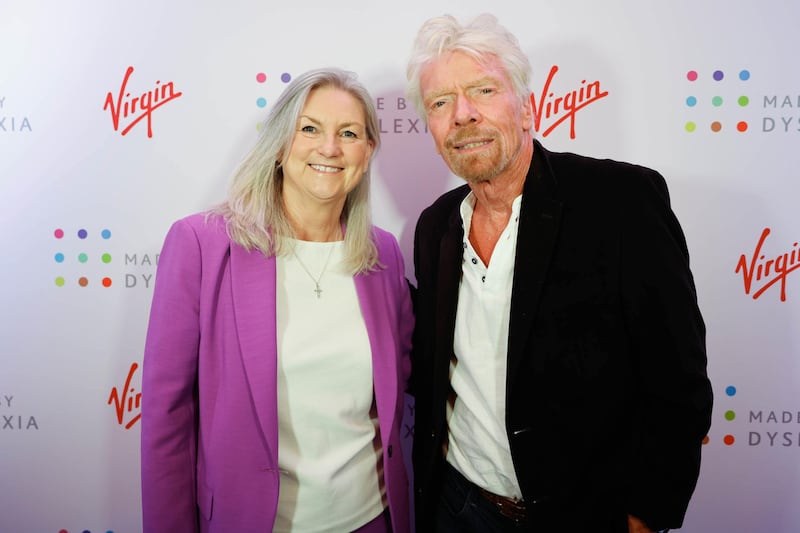I WAS reading through the papers on Friday morning when I came across a
story about an Ulster Unionist Councillor making a joke about dyslexics.
A story in The Impartial Reporter focused on a Facebook post the UUP's Alex Baird put up where he took a swipe at the DUP for holding a champagne reception at the Conservative Party Conference in Birmingham.
In the post, the Erne North representative wrote: "Did you hear about the
dyslexic DUPer who went to the champagne reception at the Conservative
conference and came away disappointed as he thought he was getting champ again?"
When challenged by Rodney Edwards, the reporter, the councillor said that
his post was 'in no way intended to offend anyone with dyslexia' and noted
'that there was no negative reaction on Facebook'.
After I read the piece I thought to myself, it's only going to be a matter
of time before his party leader and colleagues speak out and distance
themselves from this 'joke'.
Because who would pat someone on the back for making fun of those with learning disabilities, right?
But to my dismay, two of his party colleague, Chris Smyth and Alexander
Redpath, actually stood with him.
One of them said they found it funny, the other told the DUP to 'grow up' as if only DUP supporters with dyslexia were offended.
When I took to social media to voice my dismay, concern and disgust over
making fun of people who struggle daily with dyslexia, one of the councillors told me that he himself was dyslexic so therefore had every right to find the joke funny.
In my mind if you have struggled with dyslexia and learned the hard way how to cope with it, overcome the great challenges that come with the
condition, and get on in life to the point where you have become a public
representative, you'd automatically be an ambassador and an
inspiration for other dyslexics.
You'd make other sufferers think that nothing could hold them back and you shouldn't listen to those who think you aren't capable of fulfilling your dreams because you struggle with reading and writing.
You'd bring them up with you, you'd inspire, you'd enthuse, you'd champion them. You wouldn't pat someone on the back for making fun of the condition.
Some people have serious misconceptions about those who suffer from
dyslexia, such as that people with dyslexia aren't smart, that they will
never be academic, that they are fair game to make fun of.
My son is dyslexic, my husband is too, students I have taught, friends and friend's children suffer from the condition and I have learned through painful experience that their journey is no easy one.
And certainly not one people should make fun of.
I see it every day on social media, or in throwaway comments people make
about bad spelling.
People have no concept of the fight that goes on in the classrooms, in the work places, in the heads of those who struggle to communicate in the written word, when the world around them is entirely geared up for that type of communication.
Perhaps some people think that a child struggling every day in school,
being called 'slow' because he or she struggles to spell, becoming withdrawn and having his or her confidence destroyed by a condition beyond their control is funny.
Perhaps some people think that a teenager, working twice as hard as the
person sitting next to her just to keep up, being bullied at school over
dyslexia because other people think she is stupid is funny.
Perhaps some people think that the frustration felt by smart, intelligent
people with a wealth of knowledge in their head who struggle to communicate in the written word is funny.
Or perhaps some people think that the woman having an anxiety attack every time she has to fill in a form is funny.
People with dyslexia are afraid to tell people of their condition over
fears they will think of them differently, they will label them stupid,
they will doubt their potential or constantly underestimate their abilities.
I remember telling people my son was dyslexic. Someone actually consoled me with the words 'the world always needs street cleaners'.
Ignorant people have called him stupid, because he struggled with work, and underestimated him. He is showing them every day that they were wrong in their estimation of him and other dyslexics. And he will continue to do so. Because he's amazing.
People in power, people who have a voice, people who have been given a
platform should not be using that platform to make fun of others or
encourage and enable this type of behaviour.








